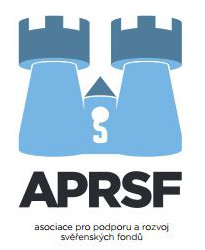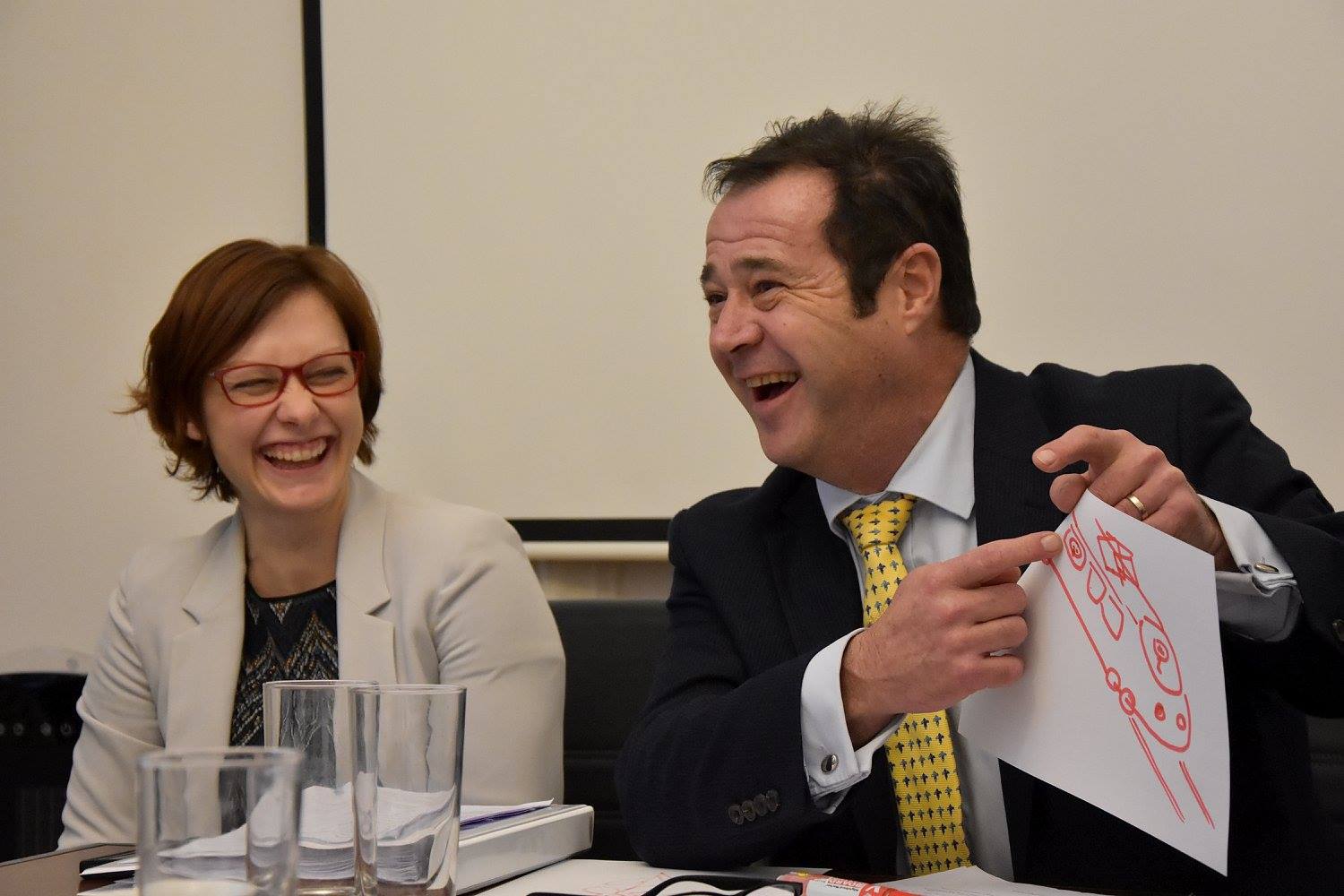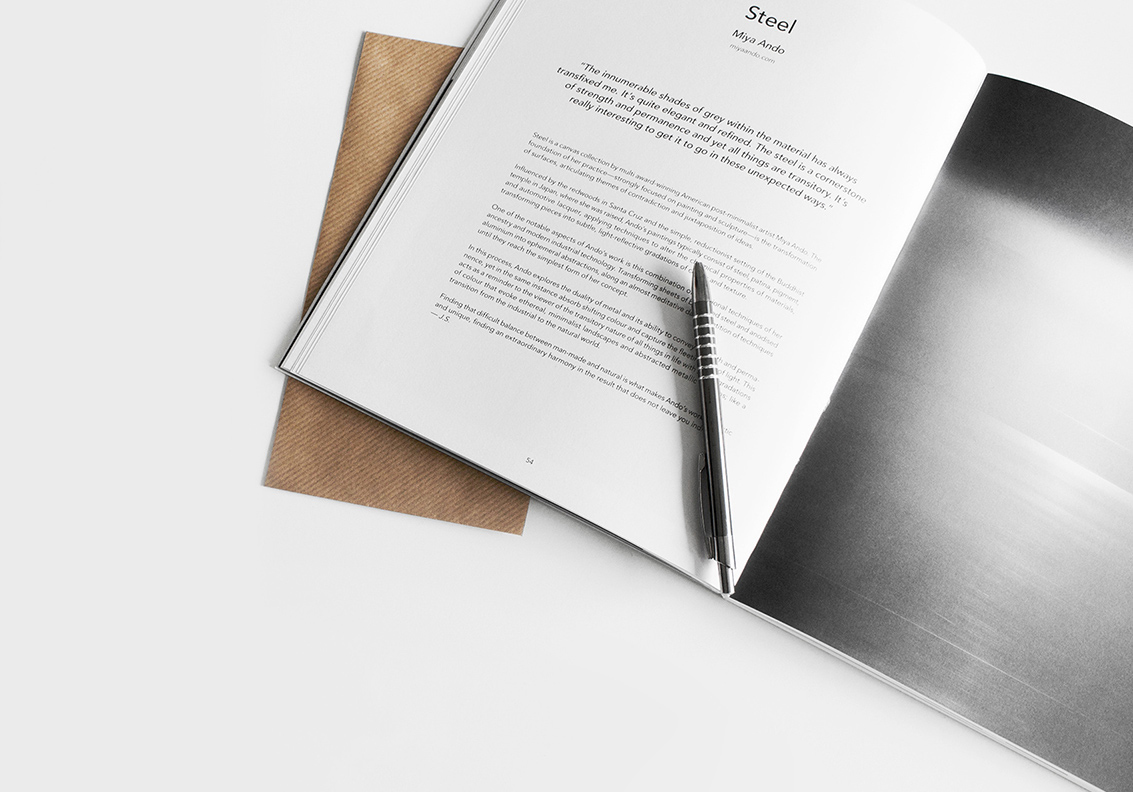Photos from the APRSF Trustee Training Seminar in January 2018
Author: artistsweb
Article – Giving Assets to Trusts
Giving Assets To A Trust
In order for a family trust to be properly constituted, some form of asset must be transferred to the trustees to hold on trust for the benefit of the beneficiaries.
The family home, a cottage, a family business, and artworks are all examples of assets that are put into a trust. In this article, we look at how giving works and some of the things that it’s important to think about.
Getting Started
At the beginning, when you create your trust, it is important to start with some initial asset. This initial transfer is normally done as part of the trust contract.
For a variety of reasons, we normally recommend that this initial transfer should be just 1,000 CZK. One of the main reasons is a legal requirement to verify that this initial amount is the property of the founder of the trust. This can create problems determining if the asset is matrimonial property, but these questions do not apply to small amounts of cash.
This rule does not apply to later transfers to the trust.
Putting the Main Assets in the trust
This is normally done by a separate contract (or contracts) of contribution between the person who is transferring the asset and the trustees.
There is no rule that says this all has to be done at once, or that it has to be done at any particular time. Sometimes we see trusts that are established by left empty for some years. This is not a problem.
Assets can also be put into a trust via a will.
Who makes the transfer?
The initial transfer must be made by the founder. Subsequent transfers can be made by anyone. For example, we often see one spouse as the founder, but additional transfers being made by the other spouse or another family member.
Tax, Gift Duty and Real Estate Transfer tax
We are not tax advisers, but we have written advice from a Tax Adviser that in normal circumstances, transfers into a trust do not create a liability for any kind of tax – either for the person transferring or for the trust.
We always recommend that clients get appropriate tax advice, and this is especially important if there is any ‘unusual’ aspect to the trust – for example if the assets or any of the people involved with the trust is non-Czech resident.
Considerations for Trustees
If you are a trustee, you must be very careful of the implications of accepting a gift and take into consideration any potential consequences. You must also ensure that the nature of the gift is clear. For example, if a gift of cash is given to a trustee, it is important that the gift is clearly documented as a gift in order to avoid any future claims that the gift was actually a repayable loan to the trust.
Some gifts are not all they seem. Trustees should always ask themselves if the asset in question really benefits the trust, and be sure that if the asset carries with it any potential liabilities, that the trust is able to pay them.
For example, a derelict building could require the expenditure of significant amount of money for maintenance and improvements – without any prospect of rental income.
Trustees are under no obligation to accept a transfer to the trust, and there are times when it is best to refuse. Other reasons for refusing are set out below.
Solvency / Intention to Defraud
In some circumstances, a transfer to a trust may be voided if it is found that the settlor/donor was insolvent at the time of making the gift.
In addition, a gift to a trust may be set aside by the courts if it is discovered that the settlor made the gift with the intention of hindering or defrauding creditors or tax authorities.
This creates an important issue for trustees. It is important for the trustees to be assured that at the time of making a gift, the person giving the asset is solvent and able to pay their debts and that they have legitimate reasons for making the gift. If the transfer is cancelled by the courts but the trustees have already paid the money on to a third person, then this would be likely to result in personal liability for the trustees.
Again, remember, there is no obligation for trustees to accept such gifts.
Transfer of Ownership
It is crucial that trustees ensure that the appropriate formalities to transfer the asset to the ownership of the trustee are complete. These formalities will vary depending on the asset being transferred to the trustee.
If you are adding real estate to the trust, the transfer needs to be in a form that is acceptable to the land registry (and the signatures need to be notarised). The requirements for other assets are generally less strict but for larger assets we always recommend that signatures are notarised.
We can help you prepare these contracts as part of our trust administration service.
Conclusion
Family trusts and associated property transfers can be quite complex. To ensure you achieve the outcome you want, always use a professional trust administrator such as Svěřenské fondy a trusty s.r.o.to help you.
APRSF Consumer Warning

We are a member of Asociace pro podporu a rozvoj svěřenských fondů, z.s. (APRSF).
Due to the recent activities of some non-members, the Association has felt it necessary to issue this consumer warning. (Note – the English version is on Page 2).
This reemphasises the importance, when setting up your trust, of choosing a knowledgeable and experienced partner such as Svěřenské fondy a trusty s.r.o.
Important Postive Tax Changes
There have been some important and positive changes to the tax treatment of Czech Trusts. These are especially helpful for clients who would like their trust to own shares in their family business, or indeed any other company.
A Major Positive Tax Change
25 April 2017
As many of you will be aware, there is a significant change to the tax rules relating to trusts currently awaiting signature by the President of the Czech Republic.
We are not tax advisers, so we are happy to provide a summary of the relevant changes prepared by PwC Czech Republic for APRSF – The Association for the Support and Development of Trust Funds. A copy of the summary is available here.
Why is this important?
It is important for a member of reasons, but the most significant is the fact that Trusts can now be used as the holding structure for companies and especially for family businesses.
We know from our own research that 74% of Czech Family business do not have a succession plan. And based on overseas data we expect that
- 70% of those businesses will fail to survive into the next generation (source Family Business Institute US), and
- 85% of those families will experience ‘serious family conflict’
This is a big problem, not just for those families, but also for the Czech economy and society as a whole.
When the founder of a business dies, the consequences are as follows:
- The business is owned by normally a group of family members. Normally these people have different priorities. In some cases they want the business to continue, but lack the majority shareholding they need to make sure this happens. More often, people just want the money. In a few cases, people who are not qualified to run the business will try to do so, and fail.
- The end result of this is usually that the business finishes, either through its sale or through its destruction
- Factories close. The staff lose their jobs. The wealth that has been accumulated over many years is destroyed.
For many family businesses in the rest of the world, Succession Planning is an integral part of their overall strategy – ranking in importance alongside their strategic and sales plans.
Such plans offer many positives:
- Family wealth is preserved,
- There is no ‘crisis’ in the business if something happens to the owner
- Senior management can be involved in the process and feel empowered
- They provide a pathway and plan to develop the skills of family members (or others) to the point that they are ready to take over control of the business
- Ownership can be passed on to the family, but control can be given to a separate group who have to follow rules and guidelines set by the business founder – even after his death
- Incompetent and or greedy family members can be prevented from attempting to run or destroy the business. Instead it is kept intact for the benefit of future generations
- Factories stay open and jobs are saved
The current tax changes give us a powerful tool. Now it is possible for a family trust to own a family businesses without negative tax consequences.
This means that, during his lifetime, the founder of the business can maintain complete control – nothing is affected in relation to the day to day operation of the business, but when something happens to the founder, or he retires, control is handed to the person or persons chosen by the founder – to manage the business in the best possible way, subject to the rules set by the founder, for the best interest of the family and for the business itself.
For more information on this new opportunity, please don’t hesitate to contact us.
Article – When to Notarise?
Guidance for Trustees – When to Notarise.
One of the most common questions we are asked by clients in relation to the administration of their trusts is: “Which documents should be notarised?”
The answer is simple but also important.
We should begin by briefly recapping what notaries do in relation to documents. According to law, some documents need to be executed as a public or notarial deed in order to be valid. One example of this is your Trust Statute. Notaries charge for this as a percentage based on the value of the assets involved and, as a result, it can sometimes be quite expensive. In order to reduce these costs, this is one of a number of reasons we recommend clients establish trusts with an initial sum of 1,000 CZK
In addition, notaries can also verify signatures. This second procedure is less complex than the first and basically involves the notary checking the identity of the person signing and then recording that verification in a register. This removes any doubt as to who signed the document, and also as to when it was signed. This service is very cheap.
In both cases, you will receive lots of excellent looking stamps and stickers on your documents.
The only document associated with your trust that absolutely must be notarised in the Trust Statute, which, as mentioned above is executed as a public or notarial deed.
There is strictly speaking no need for any other trust documents to be notarised, but in practice some of them should be. There are three reasons for this.:
- If you plan to use documents for registration at the Land Registry or Commercial Registry (i.e. if you are transferring shares or real estate) then verified signatures will be required.
- The second reason for verification is to remove any future doubt about whether the documents were validly signed and importantly also WHEN they were signed. As we mentioned in a previous article, some decisions that trustees make are considered to be ‘momentous’. These are important decisions which could significantly affect the Trust and/or its beneficiaries. As we explained in our earlier article, like all trustee decisions, ‘momentous decisions’ must be recorded in writing, and in the case of momentous decisions, the trustees should also provide detailed written justification for their decision.
- As also mentioned in a previous article, when the validity of a trust is challenged in court, one of the arguments which can be used to defeat the trust is that it was not administered correctly. The fact that at least some of the Trustee’s decisions have been verified is good evidence that the trust was being correctly administered at the relevant time.
For these reasons, we recommend as follows:
1. The Trust Statute:
This must be executed as a notarial deed. (This is an any case a legal requirement).
2. The Trust Contract:
The Trust Contract is the document that (under current law) actually establishes your trust. The signatures on this document should be notarised in order to remove any possible dispute about whether and when the trust was validly established. Notarial verification of signatures on this document will also be needed if you plan to settle any company shares or real estate on the trust.
3. Contracts of Addition:
Verified signatures will be required by the Land Registry or the Commercial Register if the assets being transferred are company shares or real estate.
In other cases, verification is not required, but should be considered anyway if the value of the assets is high or if you have any reason to suspect that the transfer might be queried or challenged in the future.
4. Trustee’s Decisions / Minutes of Meetings and AGM:
These do not need to be notarised, and for most trustee decisions. verification is not necessary. However there are some situations where you should have signatures verified, including:
- When the decision is ‘momentous’ or might be challenged by someone in the future.
- If no other decisions have been verified in the preceding year, it is a good idea to have the signature the person who prepared the Minutes of the Annual Meeting verified (it is not necessary for all Trustee signatures to be verified). This helps establish a chain of constant administration if this is ever challenged in the future.
5. Memorandum of Wishes:
This is a private document and does not need to be notarised. However, it if contains anything that might be contentious in the future, notarial verification is also probably a good idea
6. “Standard’ Trustee decisions
Decisions involving relatively smaller amounts of money and or ‘mundane’ matters such as bank account establishment etc, do not need to be notarised.
Remember, signature verification by notaries is very cheap and is not very time consuming. So if in doubt, have signatures verified. This can help eliminate the possibility for disputes in the future.




















